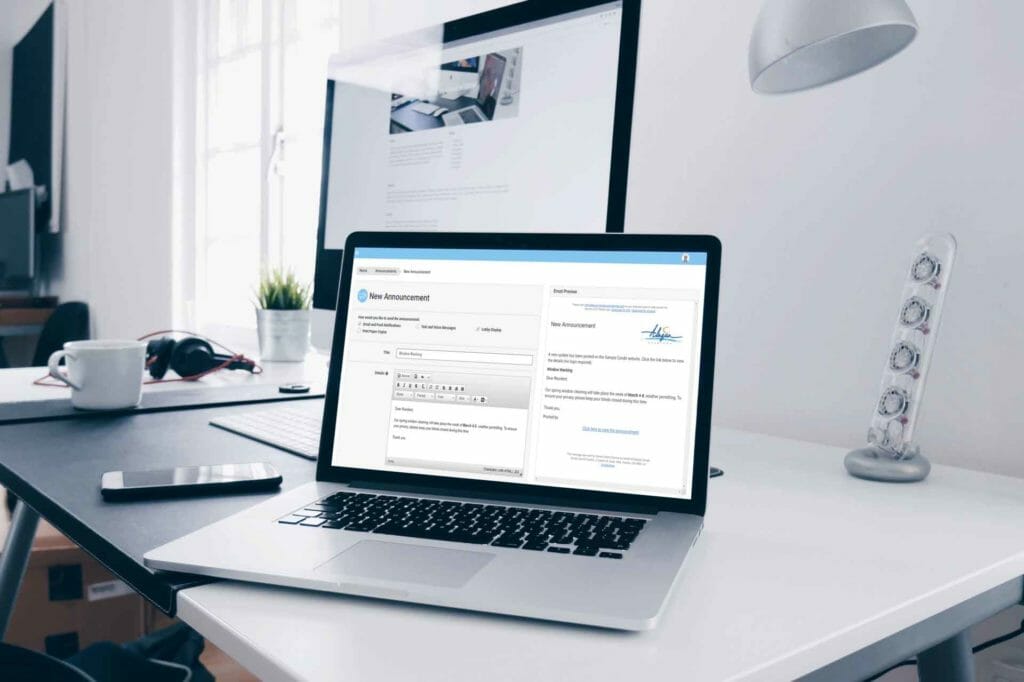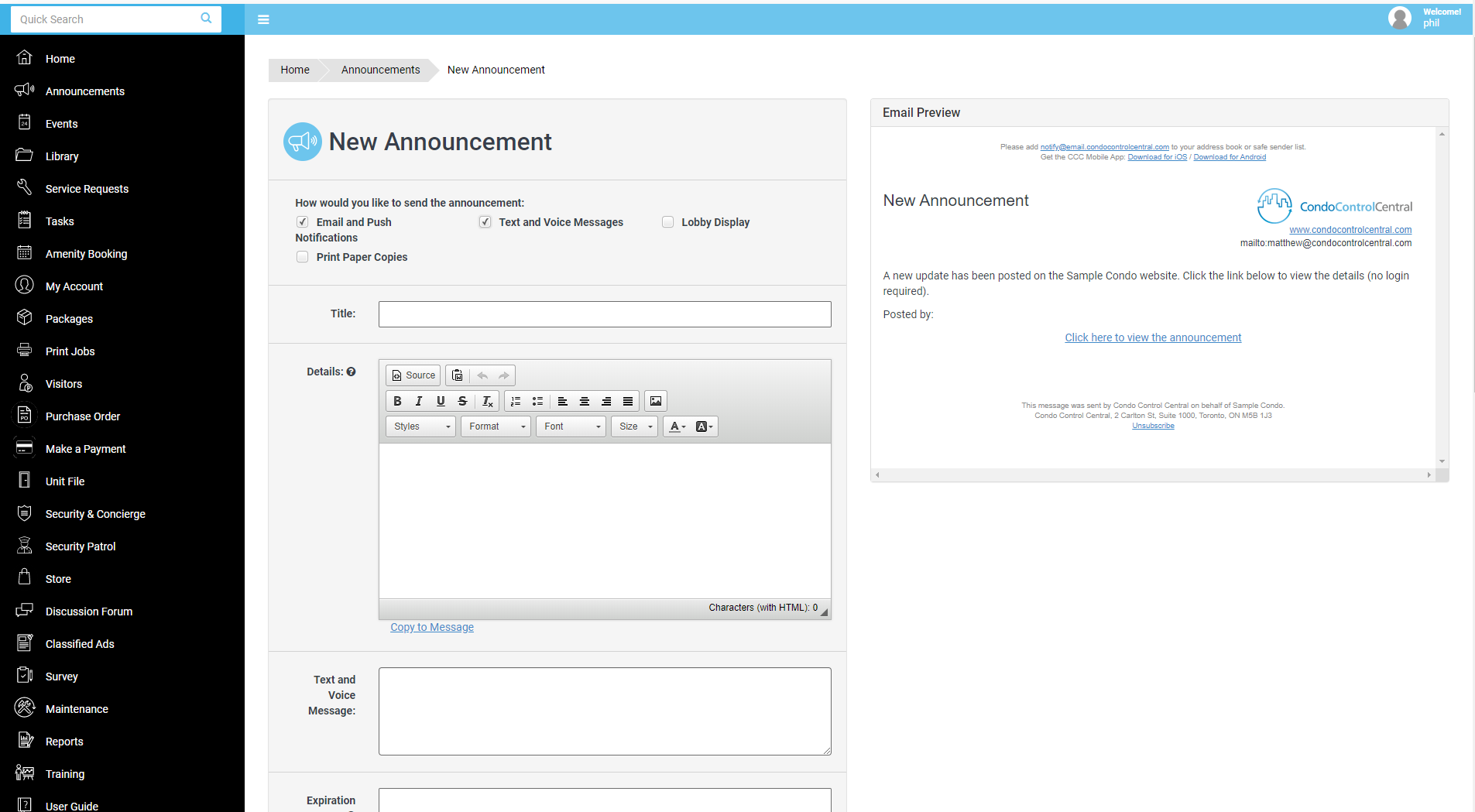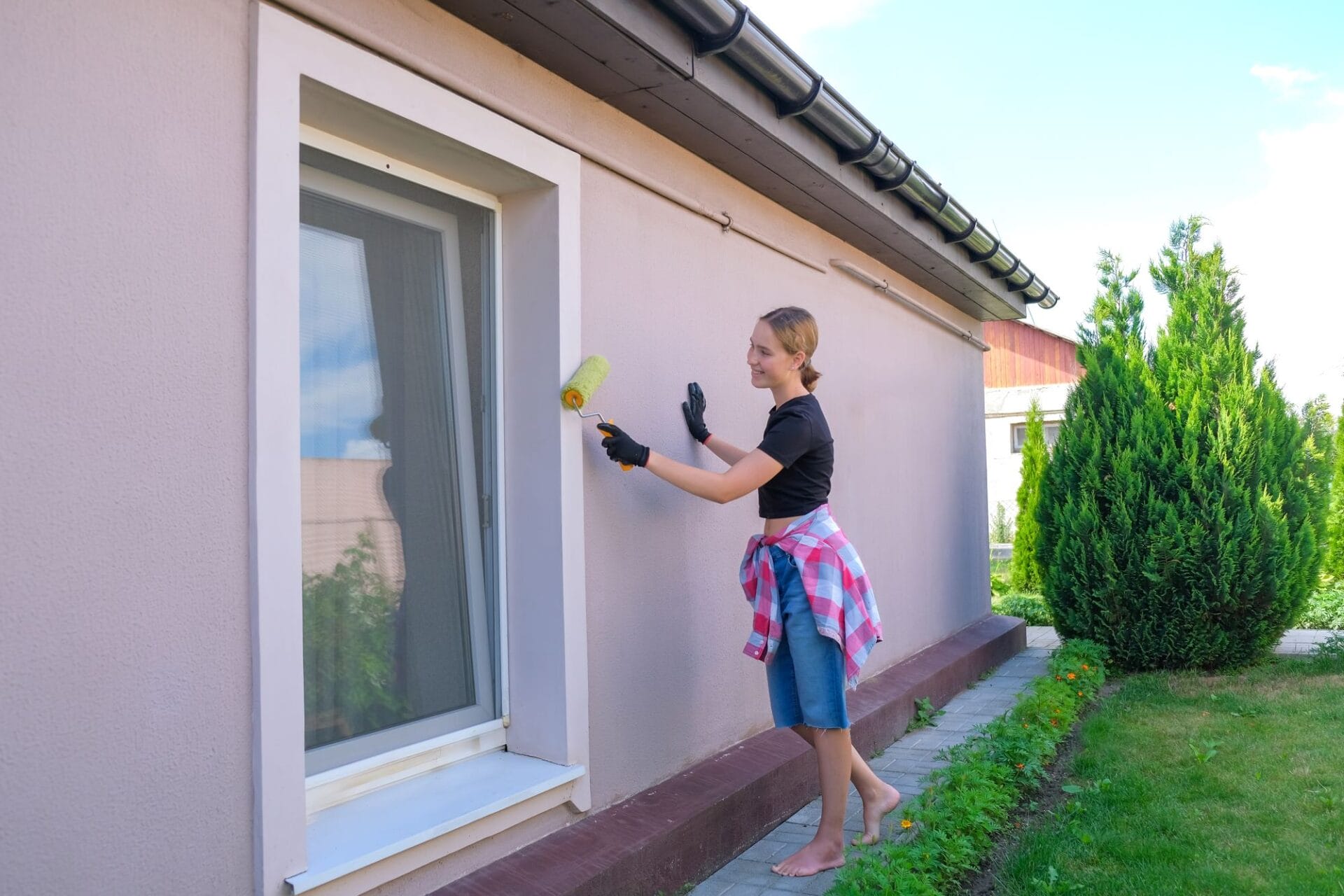It can be difficult to get owners involved in community affairs, especially when some of them don’t actually live on site. It doesn’t help that many condos and HOAs use outdated communication methods that lead to misunderstandings and make it difficult to reach quorum on important issues.
If you’re looking for innovative ways to stay in touch with unit owners and stimulate engagement within your community, you’ve come to the right place. Below we have some helpful tips on how to establish effective communication with condo association members and cultivate an engaged community.
The roles and functions of the board
Before we get into the most effective communication strategies for HOAs and condo communities, let’s take a look at what these organizations represent. That will make it easier to understand why it’s important for them to foster good communication with residents.
The board acts as a voice for all the owners within the community. It’s made up of a number of board members that are elected by the owners to be the representatives of the collective.
Boards have a duty to enforce bylaws, care for common property, and maintain the value of the planned development.
This level of responsibility requires an enormous amount of trust from owners. That’s why it’s imperative for governed developments to foster ongoing communication with residents.
How to effectively communicate with owners/residents

While there’s no one-size-fits-all approach to condo communication, there are some basic principles and strategies that can help you maximize communication. For instance, we can all agree that using digital communication tools is faster and more efficient than outdated paper and mail.
Read on to find out how technology and sound communication strategies can facilitate smooth operations and cohesion with owners.
Communicate as frequently as possible
One of the best ways to capture and maintain the attention of your owners is to communicate with them frequently. Property management software such as Condo Control simplifies the process for you.
Tired of printing documents and posters every time you update community bylaws or need to distribute new notices? Say goodbye to printing costs and upload updated documents directly to your community’s file library. It has quick search functionality and allows you to seamlessly notify residents when you upload a new document. It is even possible to set permissions so that sensitive material can only be viewed by select individuals.
The discussion forum gives members a space to voice their opinions in a secure community setting. Residents can use this feature to share concerns, ask questions or suggest ideas, and staff can moderate the forum or add predefined topics.
The event planner tool makes it easy to inform and update members about upcoming community events such as get-togethers and annual meetings. Reminder are sent out automatically so that attendees don’t forget about upcoming events.
Simplify communication
People generally don’t like to actively seek out information, so you need to make it easy for them. Going digital will not only help you to cut costs, but it allows members to find what they need from their computer or phone. Furthermore, they can submit requests or make bookings from this portal, eliminating the need for them to make a trip to the manager’s office.
Keep in mind that it’s important to modulate the information you make available to residents online. Intelligently designed communication strategies speak volumes and will help you manage and reduce conflict.
Hold regular meetings
Your governing documents stipulate how often your board should meet. It’s important to include owners in meetings to promote transparency and honesty. The minimum requirement in most state regulations is for the board to meet annually to plan the yearly budget. But, it helps to hold regular meetings in between to keep owners in the loop about important issues. If you want to find out how often your board should meet, check the bylaws for detailed information.
Granted, things like extreme weather or unexpected repairs can contribute to the frequency of board meetings. Some associations need to hold frequent meetings to deal with tenant disputes or other sources of community conflict. Larger communities with hundreds of doors or units may also meet frequently simply because there is more work to do.
The important thing is to address problems as they arise. Don’t allow things to fester as this may lead to disengagement from owners.
Leverage your online presence
Communities, especially large condos and HOAs, are encouraged to have a website. This makes it easier for owners to remember where to look when they want to find out about the latest association news, meeting minutes, etc. Plus, you can control the amount of information included on the website and who has access to the password-protected portion of it.
Some associations use social media platforms like Facebook and Nextdoor as a way to keep community members in the loop about important news and happenings. Through private groups within these platforms, you can safely and effectively share meeting minutes, community alerts, invitations, and announcements.
The biggest downside to using public social networks is that you don’t have control over the platform itself. Privacy rules can and do change, and this can compromise privacy or confidentiality.
Since these platforms aren’t designed with condos and HOAs in mind, they may not have the functions you’d like which can be found in dedicated property management software.
Social media also comes with issues like insulting comments from posters who use aliases. It’s also easier to misinterpret posts. For instance, it’s easy for comments posted by board members to be misconstrued as a representation of the board itself, when it’s only the perspective of a single board member. Situations like this can create a hostile environment and lead to unnecessary strife.
This is just one example of how Facebook can instigate controversy through miscommunication. It’s difficult to moderate comments and conversations that happen on the platform, hence the fighting that often happens on Facebook and other social media websites.
It’s better to communicate with owners using an internal platform. That way, you can moderate the conversation and address questions in an orderly fashion. An open forum is a great way to do this, along with Control Central’s dedicated announcement feature.
Encourage disinterested members by sharing financial information
Are you having trouble with disinterested owners? Then you should point out a few reasons why they should take an interest in association affairs. Most absentee owners are that way because they don’t live in the homes or units, and simply rent them out as an investment property.
In such cases, it helps to advertise the numbers that will be discussed at an upcoming meeting. At the end of the day, these types of owners are interested in the financial value of the property. So, they will take part in association meetings and affairs if it means maximizing their bottom line or investment.
Be transparent
We can’t stress this enough. Transparency is paramount in a corporation or association because you don’t want owners to ever feel alienated or unheard. Transparency is the easiest way to avoid disgruntled owners while making sure that you’re sharing all the right information with them.
For the best results, we recommend you consult with state regulations to see what the requirements are. Most states call for regular association board meetings that involve owners in every major decision.
Even if the board is not planning to make motions during the meeting, community members must be informed of the meeting (with a few exceptions) so they can attend if they want to.
This is the basis of transparency and the first step to building trust and open communication with your community.
Share more
Lack of communication is one of the biggest challenges HOAs and condos face today. This usually happens because the board fails to share decisions made on the backend. But, it’s important to share as much as possible with owners, keeping in mind that that the more transparent you are the more they will trust you.
It might be helpful to distribute regular newsletters either on a monthly or quarterly basis to keep community members in the loop about important issues. Even when a board is experiencing problems with unauthorized renters, it’s important to share these issues so community members know what the board is dealing with.
Don’t forget to distribute the meeting minutes as soon as possible. This could be anything from a few days to a few weeks from the meeting depending on how fast the board approves them. Meeting minutes are a form of communication too and can help to shift perceptions about board transparency.
Benefits of great communication in a community

Maintaining great communication can help the corporation/association to reduce costs, minimize legal risk and improve the overall value of the development.
Cut costs
The average condo association can spend between $10,000 to $50,000 a year on emergency repair and clean-up. That’s a lot of money, but these costs can be reduced.
Effective communication can help you educate people to not put grease, oil and other harmful garbage down their drains, etc.
Minimize legal risk
It’s important to communicate rules properly and regularly to owners. That way, if any legal problems arise, you know you’ve done your due diligence as a board to equip owners with the right information.
Maximize returns
Effective communication can also help you maximize the return on your investment. Letting people know how they should take care of the amenities and contribute to the community as a whole can improve the overall property value. After all, people always pay attention when you remind them of things that could impact their finances later on.
Conclusion
Proactive boards with a commitment to clear communication are able to protect their financial well-being in the long run and foster healthier relationships with residents and owners.
Going digital is the best way to achieve this especially if you’re managing many units. An online communication solution allows also you to create and maintain an appealing image to prospective buyers. You’re able to engage members online no matter where you are.
The biggest benefits of digital communication include reduced paper waste, unlimited message distribution, and it gives your leadership team a professional look. That’s what makes it an essential part of a visually engaging and effective communication strategy.
Condo/HOA Software
Streamline Management, Operations and Communication






















